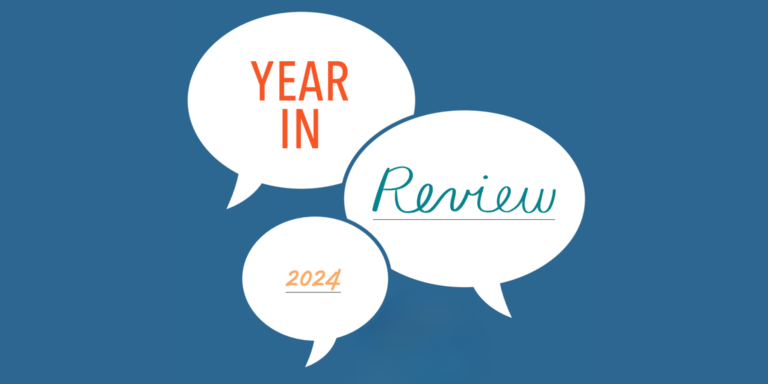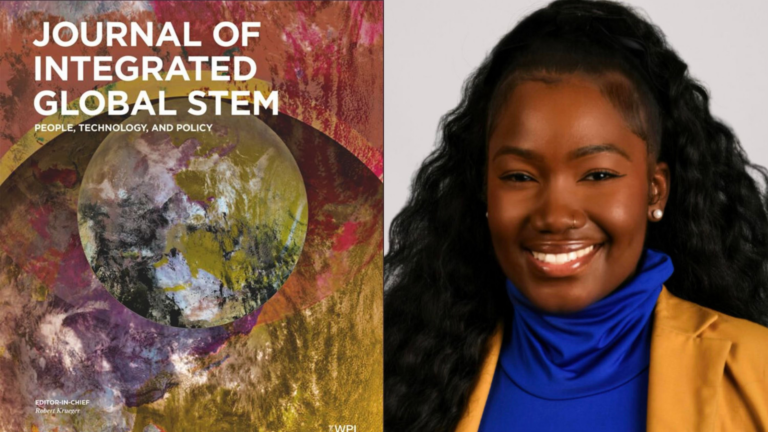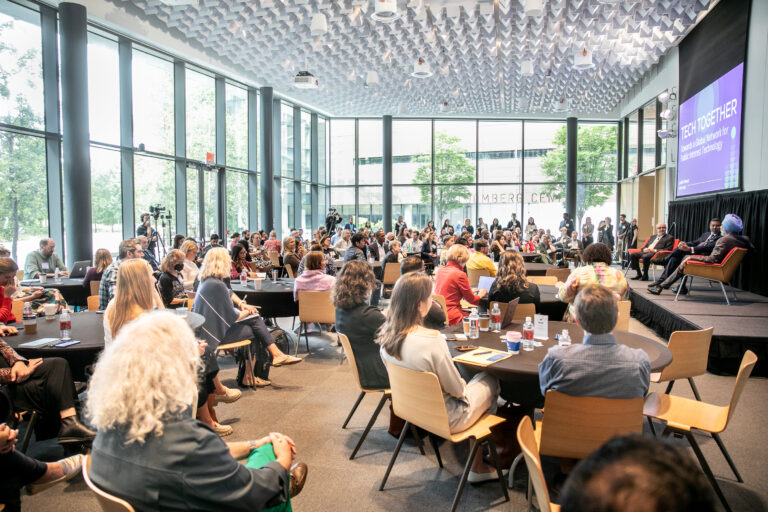The way to reach a strong conclusion is to start with the right questions. While having all the answers we need to fully understand the impact of technology on society would make our work that much easier, we’re not quite there. Fortunately, asking the right questions, and convening the appropriate stakeholders to try to answer those questions is something philanthropy is uniquely well-positioned to do.
As responsible grantmakers, we make sure that SFE’s support goes to grantees whose work advances practice in each of our interest areas, improves our understanding of the key challenges we face, and presents potential solutions. This dual purpose, to both support and learn alongside our grantees, requires us to think about our potential investments, and our role in the funder/grantee relationship, a little differently.
That’s part of the reason we apply a scientific approach to our grantmaking, inspired by our chairman and founder David Siegel’s approach to his life’s work. Ask the questions that can help us develop an informed hypothesis, support the academic and field-work that will allow us to uncover evidence, be thoughtful about tracking and interpreting outcomes, and apply that knowledge to our big picture questions in order to inform the next phase of the work.
Implicit in this approach is the understanding that philanthropy shouldn’t presume to have all the answers to solving tough societal challenges. This belief is central to the way we work, and it’s why we’re able to employ this scientific method approach so intentionally. It starts with applying a “questions first” approach to the way we design each of our interest areas, and frames them with key questions rather than a list of objectives and outcomes. We reached each of these framing questions by first asking ourselves: What do we need to know in order to make effective grants? What context do we need to keep in mind as we explore interventions? Where are there opportunities for us to engage in stronger partnerships? And what don’t we know yet?
We will continue to iterate on these big questions, and the various sub-areas of focus that we derive from them, as we learn from our work. Right now, these are the questions that we are using to structure the grantmaking in each of our interest areas:
- Learning: How do the content and modalities of learning need to change in order to best equip the greatest number of people with future-relevant competencies?
- Workforce: How do we best leverage the potential of the innovation economy to create access to opportunity, rather than exacerbating the opportunity divide?
- Infrastructure: What does rapid innovation mean for the structural elements that underpin civil society?
These are fundamental questions that we seek to understand through our grantmaking. Each of them reflects a different point in the journey of understanding; for example in Infrastructure, our newest interest area, we are still working to understand more about what is happening in the space before we delve into figuring out the best way to shape the future — more to come as we gather more knowledge.
Our work has always been inquiry-driven, and grounded in the idea that our findings never represent the end of a conversation. Rather, they’re an invitation to keep iterating, to shape and re-shape our own approach to the work, and to bring others into the fold to build together. As we work in service of our mission to understand and shape the impact of technology on society, we’re excited to keep refining our frame on the work through inquiry and experimentation.





